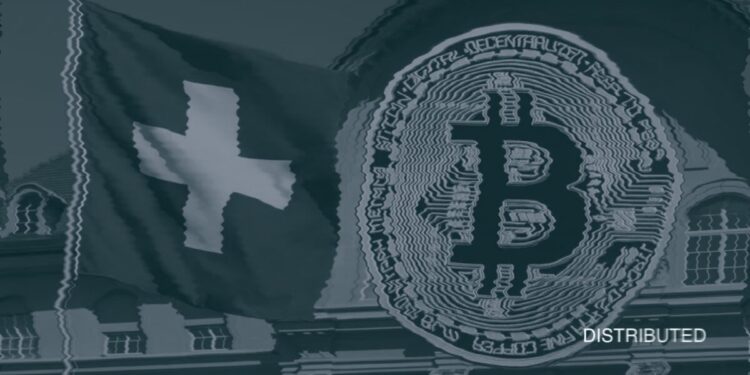- SNB President Martin Schlegel emphasized that Bitcoin does not meet the criteria for reserve assets due to its volatility.
- The Bitcoin Initiative, a Swiss advocacy group, however, maintains that Bitcoin could enhance portfolio returns with minimal added risk.
Swiss National Bank (SNB) has reaffirmed its refusal to add the cryptocurrency to its portfolio. SNB President Martin Schlegel defended the decision by highlighting Bitcoin’s volatility and uncertain liquidity, especially during periods of financial stress.
At the SNB’s General Assembly on Friday, Schlegel explained that cryptocurrencies fail to meet the institution’s standards for reserve assets, Coindesk reported. His comments came in response to pressure from the Bitcoin Initiative, a Swiss advocacy group pushing for Bitcoin’s inclusion in the SNB’s asset mix.
The group presented research suggesting that even a modest allocation to Bitcoin would have substantially improved returns without introducing significant risk. Their analysis showed that a 1% bitcoin share in the central bank’s portfolio starting in 2015 could have nearly doubled total returns while only slightly increasing volatility.
Though the SNB has dismissed direct Bitcoin holdings, it still maintains exposure to the digital asset through investments in public companies that hold Bitcoin on their balance sheets. These include shares of Tesla, MicroStrategy, and Marathon Digital Holdings (MARA), all of which have significant corporate bitcoin positions.
See Related: Switzerland’s Central Bank Pilots Tokenization To Modernize Finance
Bitcoin Initiative Argues For A Broader Perspective
Luzius Meisser, a board member of Bitcoin Suisse and a member of the Bitcoin Initiative, reportedly pushed back against the SNB’s stance. He argued that the central bank overlooks the broader impact of bitcoin on overall portfolio performance.
The group also suggested that the SNB’s reluctance may be driven more by politics than economics. Bitcoin Initiative proposed that holding Bitcoin could be perceived as a lack of confidence in traditional currencies, potentially straining Switzerland’s relationship with the European Union.
The SNB is not alone in its skepticism. European Central Bank President Christine Lagarde has repeatedly dismissed Bitcoin as a “highly speculative asset” with links to illicit finance. In January, Lagarde reinforced her position, saying she was confident that no central bank within the ECB’s General Council would consider Bitcoin reserves.
While central banks across Europe remain wary, the conversation around Bitcoin’s role in official reserves continues to evolve, particularly as some nations, like the United States, have reportedly begun forming strategic Bitcoin holdings.



